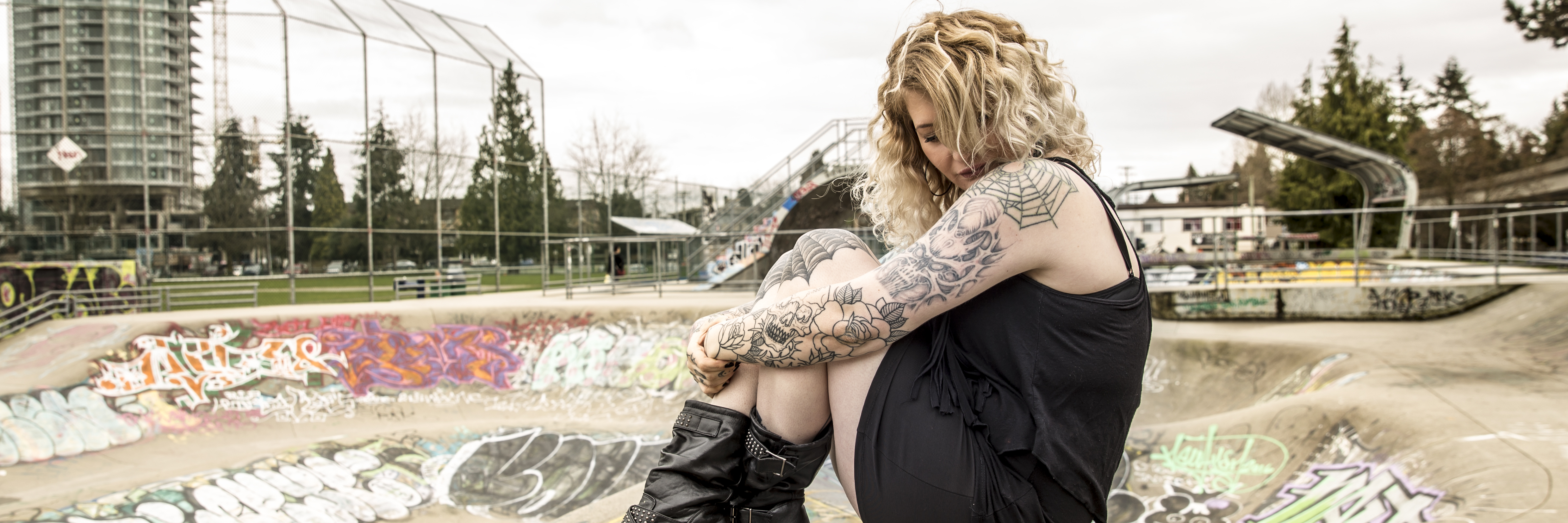You are not alone. It may feel like you are. It may feel impossible to find someone who understands and is compassionate about your illness, or who can look past it and see you for you, not your illness. It is hard to open up to someone new and let them see you when you are at your worst. Us chronically ill know our worst, it’s when we don’t even have the energy to shower or the brain fog makes conversation seem damn near impossible, how are we supposed to attract someone during this? It’s hard to not blame being sick on the reason why some of our relationships fail. Some days it seems near impossible to be positive or nice to others as the pain or fatigue hangs dark on mood making us crabby. It can be hard to love ourselves when our own body attacks itself and leads to insecurities galore. You are never alone for feeling alone when chronically ill.
I spent the first two years of being chronically ill single. A single mother to boot with a baby son when diagnosed. Partially by choice and then what seemed like no choice. I left my cool musician boyfriend once I was diagnosed with rheumatoid arthritis because of the way he spoke about people with disabilities, claiming on our first date he would leave any girlfriend if she fell ill or disabled. That conversation which I didn’t think much about when I was healthy caused the break of us and took a long time for me to think anyone would accept me for years to come. I thought back to before I fell ill and admitted to myself that I don’t know if I could have handled dating someone ill, I was young and selfish, I didn’t understand illness like I do now. I’ve never really been around it and in society today it’s looked down on being disabled in so many not so glamorous ways.
I looked for love everywhere. I wasn’t about to let arthritis, depression or myself stop me from finding love. Nor distance apparently. My quest for “Mister Right” brought me to Minnesota and London, and I left with a broken heart each time. I have always remained the hopeless romantic I was since a young girl, and arthritis made me terrified of never finding it.
I had countless tinder matches and was ghosted after I was straight up honest about being on disability with rheumatoid arthritis and osteoarthritis. I tried different approaches to telling men about this, but few seemed to be really OK with it. I didn’t want anyone to think I was lazy or not want to be around me because I was ill. The way that men were treating me for being a disabled, single mom, was mostly as a sex object. They pulled every excuse under the radar to avoid commitment, because despite how much they liked me, there was too many responsibilities to being with me.
I fell into a tremendously deep pit of depression as I started to adjust to living with chronic pain and fatigue, the side effects of medications and the poverty of living on disability – while trying to raise a child on my own. It was when I hit my absolute rock bottom and I realized I was a ticking time bomb that should have been on suicide watch.
It was then I decided to take a long look at myself, those around me and my life. I listened to why others didn’t want to be around me that accepted my illness and I listened to what my insecurities were about myself. I decided to work on whatever I could for the time being, I believe in constant self improvement, despite my obstacles.
I took time away from dating and focused on myself for a change. During my time taking care of myself and opening up to others many started to notice me. I began to lose weight, regain some of my self-confidence and shine. My health also started to improve. The more I took care of myself, the more I focused not on dating and I realized I didn’t have to be with someone to be strong, or to go through this. I didn’t need a rock. I had become my own rock. And I had begun to shine, despite my diseases, which I often hear is quite attractive.
If you or someone you know needs help, visit our suicide prevention resources page.
If you need support right now, call the National Suicide Prevention Lifeline at 1-800-273-8255, the Trevor Project at 1-866-488-7386 or text “HOME” to 741-741. Head here for a list of crisis centers around the world.
Follow this journey on Chronic Eileen.
We want to hear your story. Become a Mighty contributor here.

